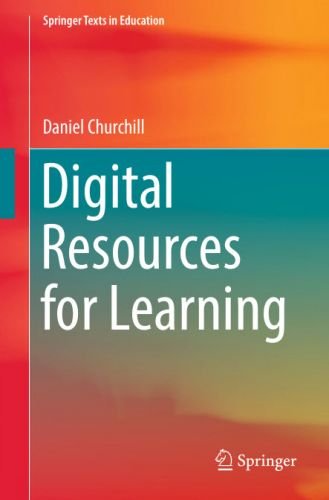This week I will focus on the use of mobile devices in education. I will start with the library where the introduction of of mobile technology is both innovative and exciting.
Is there a future for libraries or have they been replace by the ubiquitous access to information through mobile devices? Who is answering the academic questions of our age … Teachers, Parents, Libraries or just Google and Youtube?
Here are two books that discuss the new life libraries must cultivate in order to remain relevant.
Title: Mobile Technologies for Every Library (Medical Library Association Books Series)
Author: Ann Whitney Gleason
English | 1 Apr 2015 | ISBN: 1442248912, 1442248920 | 138 Pages
If you are wondering what mobile technology adoption means for your library or how to get started, Mobile Technologies for Every Library will answer your questions! .Wondering what the opportunities and pitfalls are of mobile technology use in libraries? This book will answer these questions. .Thinking of starting a mobile program in your library? Want to improve on existing services or add new ones? This book will answer your questions about platforms, options, security, best practices and more. The book will preview many useful apps for libraries. Web links and resources are also included. Chapter coverage includes history and existing types of mobile technologies, mobile devices and supporting technology, ways to provide mobile technology for your users, a survey of currently available apps, ways to use mobile technology for library work, best practices, and future directions. Each chapter is organized by subtopics with tips and examples from real library programs to help you get started.”
Technologies for Every Library will answer your questions! .Wondering what the opportunities and pitfalls are of mobile technology use in libraries? This book will answer these questions. .Thinking of starting a mobile program in your library? Want to improve on existing services or add new ones? This book will answer your questions about platforms, options, security, best practices and more. The book will preview many useful apps for libraries. Web links and resources are also included. Chapter coverage includes history and existing types of mobile technologies, mobile devices and supporting technology, ways to provide mobile technology for your users, a survey of currently available apps, ways to use mobile technology for library work, best practices, and future directions. Each chapter is organized by subtopics with tips and examples from real library programs to help you get started.”
Title: Apps for Librarians: Using the Best Mobile Technology to Educate, Create, and Engage
Author: Nicole Henning
English | ISBN: 1610695305 | 2014 | 197 pages 
Smartphones and other mobile devices that support downloadable applications—universally referred to as “apps”—can be used to foster productivity, conduct research, or read and study. Additionally, savvy librarians can better serve their communities by gaining expertise in mobile technologies and being qualified to make app recommendations to patrons. This book introduces you to the apps that can help you save time and increase your own productivity as well as serve as a curator and reviewer of apps and resident expert to benefit your patrons.Apps for Librarians: Using the Best Mobile Technology to Educate, Create, and Engage will save you from wading through and learning about the millions of apps available today and direct you to the very best apps in areas important to education, the workplace, and professional development. Organized by function—reading, writing, reference, multi-media, and productivity—apps are profiled with the following information: title, developer, price, platforms, general description, examples of use, and key features that make it worthwhile for learning and creative work.
Note: All the books presented in this blog. Include the original cover and review provided by the publisher. This information is used to accurately promote and show respect for these resources, the authors and the publishers.






